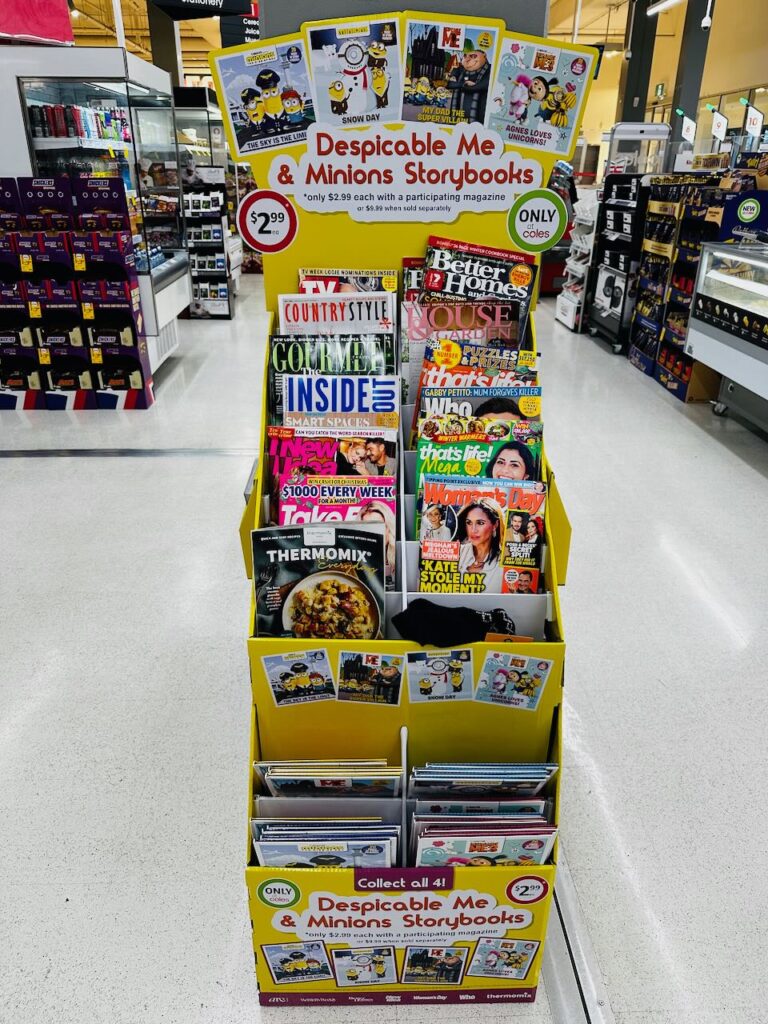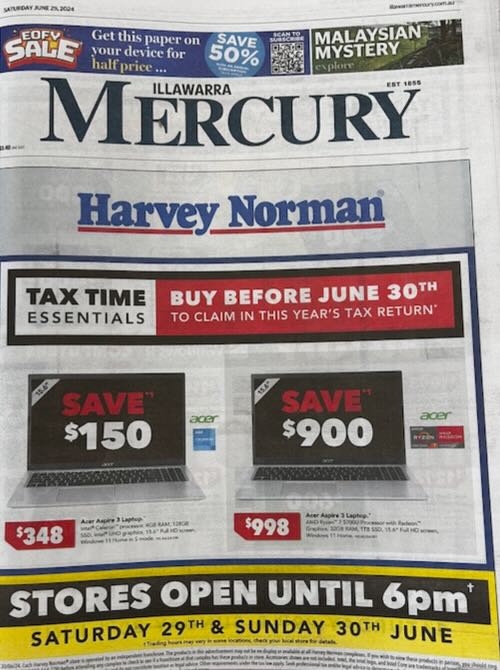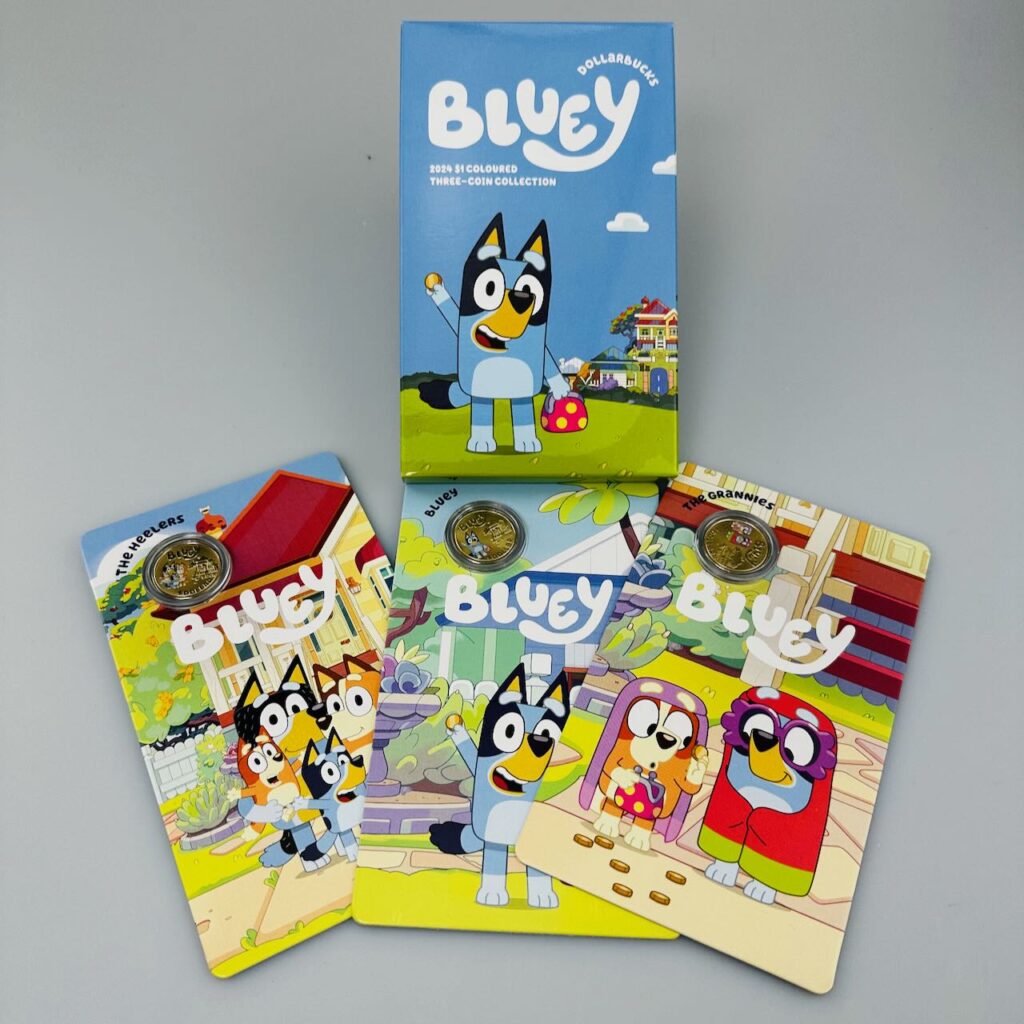The advice I share is something anyone can do. You don’t need a retail specialist. You don’t need advice from a supplier. You don’t have to rely on a mentor. You don’t need to use one of the overpriced business advisors governments often pitch to small business retailers.
Spend an hour on this and I am sure you will discover things you will wan t to change in your business. It’s advice I have been pitching to newsagents for 15+ years. It works.
ANALYSE GROSS PROFIT CONTRIBUTION BY FLOORSPACE ALLOCATION.
This advice outlines one of the first assessments I ask to be done when asked to review the performance of any retail business, including a retail newsagency as it provides an understanding of the return being achieved from floor space allocation.
With space usually costing between 11% and 15% of (non agency) revenue in a typical Australian newsagency, it is usually the next highest cost outside of the cost of stock itself. How you use space matters to the financial health of the business.
Spend an hour on what I suggest here and the result should be a different view of the performance of your floor space allocation. This is not advice you will get from your accountant or from reviewing your P&L or computer reports. It is designed to be practically helpful in managing your business, practically useful to those in the business.
here are the simple steps I recommend you follow:
- Take a blank sheet of paper, ideally A3, and roughly sketch out the layout of your shop, marking in display units, wall shelving, the counter – everywhere you have product. There is no need to be 100% accurate.
- The floor plan layout should also include your back room if you have stock there.
- Colour-shade the layout by department and major category. For example, shade all areas with magazines in yellow, all floor space for gifts in blue, stationery green but pens in a different colour etc.
- List the departments and categories shaded on the side of the floor plan.
- Calculate the percentage of total space taken by each department or category. This does not need to be accurate to two decimal places. List this next to each department you have listed.
- Use your computer system to report on gross profit earned by each department and category over the twelve months.
- Calculate the percentage of total gross profit contribution earned by each department and category and list this next to the floor space allocated to each department.
- Circle in green those performing the best and in red those performing the worst. A best performing department will typically be responsible for a significantly higher percentage of gross profit than percentage of space allocated whereas a worst performing department will be contributing a percentage of overall gross profit considerably lower than the percentage of floor space allocated.
- Right away note down action items while the data is fresh in your head.
- Have the shortest gap possible between writing down your action plan and taking action.
Once you have the marked-up floor plan with the space percentage and percentage of total gross profit, think about your current floor space allocation.
Are the results what you expected?
What would you change?
What do others in the business think?
The steps suggested do not take into account product size and the average gross profit percentage from each dollar of revenue for a department. For example, ink is a lower margin product than stationery, gifts are a higher margin magazines. Typically, the analysis will highlight challenges with lower margin product.
The objective of the analysis is to provide you with fresh insights you could use when considering floor space change.
You can take the analysis a step further by looking only at one department and analysing performance by all categories in that department.
For example, in one business I saw pens taking 7% of stationery space while they contributed more than 40% of gross profit earned from all stationery. This raised the question of what might happen if more space was allocated to pens?
Every business I have worded with that has done this analysis has made changes as a result. Everyone involved has discovered things they had not expected. That’s the goal, to introduce fresh insights.
My advice here is not overly sophisticated. This is deliberate, so that anyone can do it.
Our channel has many suppliers full of opinions as to what we should do in our businesses. Most of those offering the advice don’t own and run retail businesses themselves. The best advice you can rely on for your business is that which you discover for yourself from performance data for your own business.
If you do the data analysis I have suggested here and have questions, please reach out to me. I’d be happy to look at your results and discuss these with you. You can reach me at mark@towersystems.com.au.
I’d add that the advice here works for any type of retail business, not only newsagencies.
Now for an important footnote: it’s common for local small business retailers to put off work like this. I have seen it happen many times. In some cases I think it is because they think they know best while in other cases there is a fear of what they may discover and then there are some who say they don’t have time. None of these excuses are valid in my book.
Spend an hour and either have your current floorspace allocation validated or come out with a list of changes that pursue better business results. Either is a win.
The advice I have shared here is pare of the newsXpress knowledge base of advice to while all newsXpress members have access.





